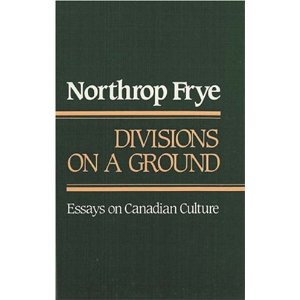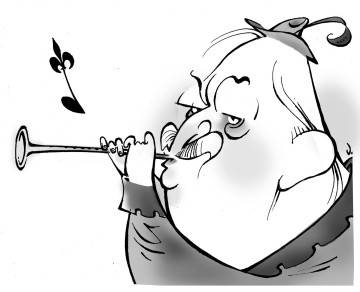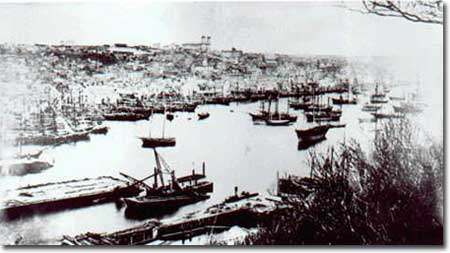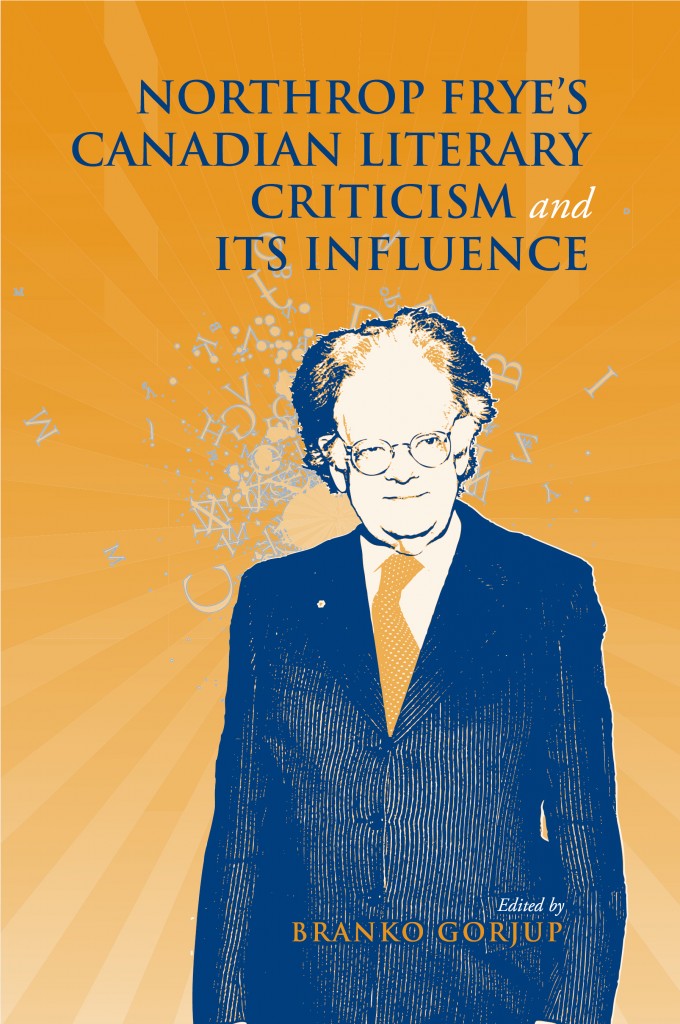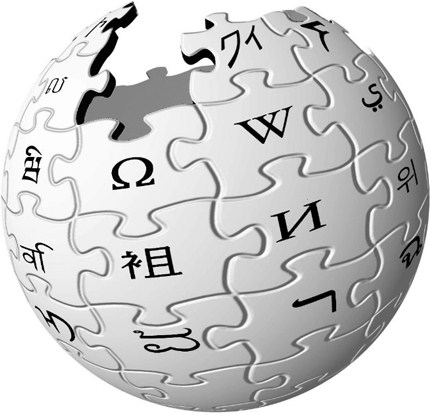
Full story here.
This story is perhaps not getting as much attention as it should: at least one individual and perhaps more in the Defence Department at CFB Cold Lake, Alberta, has been trying to alter the Wikipedia entry on the Harper government’s decision to spend billions on a new stealth jet fighter. (Again, we can’t afford increases to education and health care, but…) The effort involves at least three computers registered to the Defence Research and Development Canada’s Ottawa offices. The IP address, however, has been determined to be from CFB Cold Lake. Wikipedia has labelled the alterations vandalism.
Bad enough. But Defence Department computers in Alberta have also been used to insert insulting comments about Liberal leader Michael Ignatieff onto the same Wikipedia page.
Meanwhile, efforts to remove from Wikipedia criticism of the Harper government’s decision to invest in stealth jet fighters continue to be traced to computers located in downtown Calgary.
Alberta, Alberta, and again Alberta.
This is why Harper will never win a majority. Canadians do not like this sort of thing and will not put up with it.
